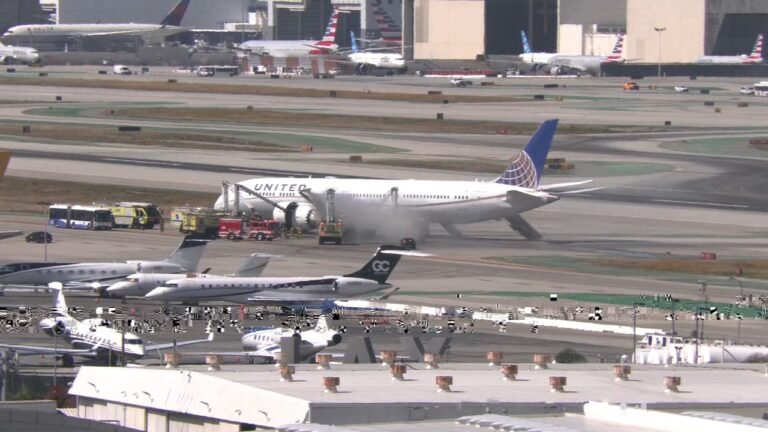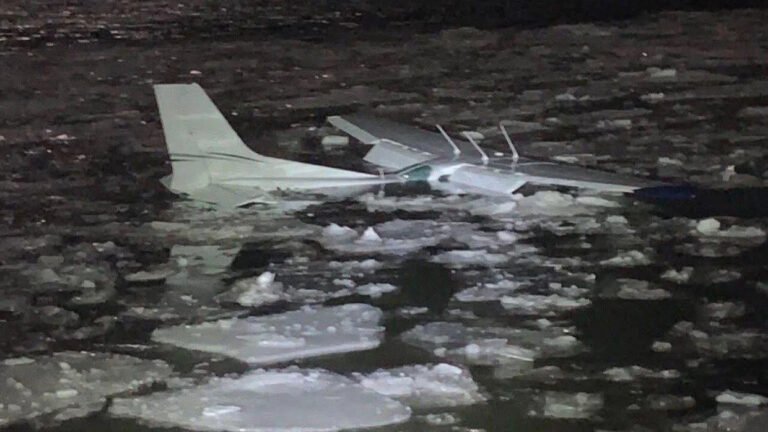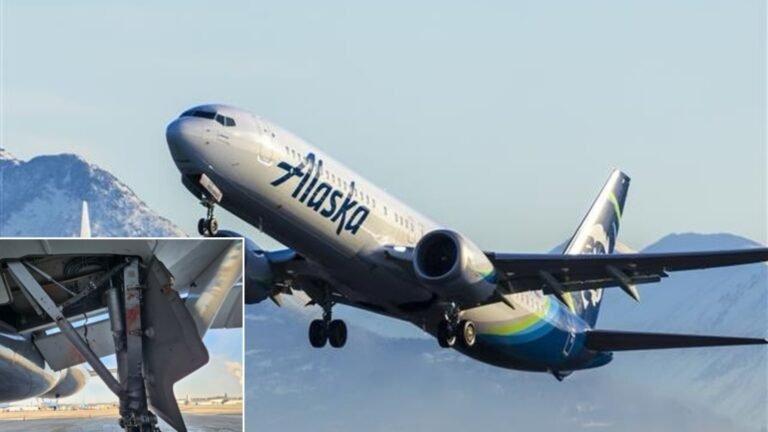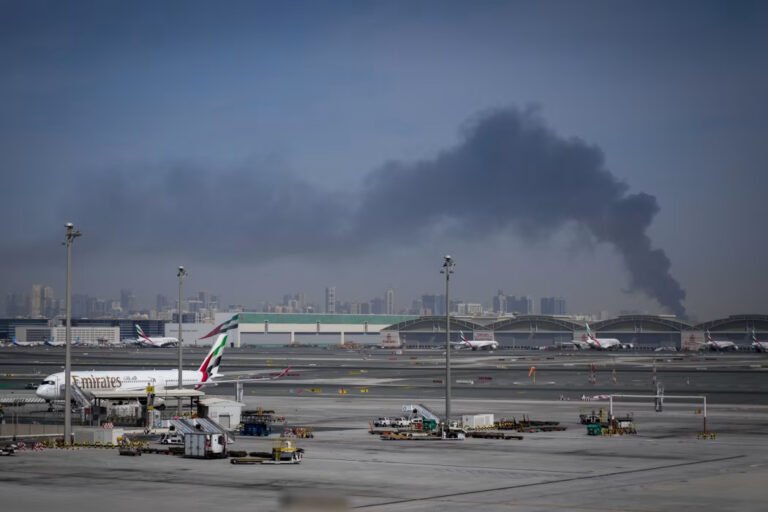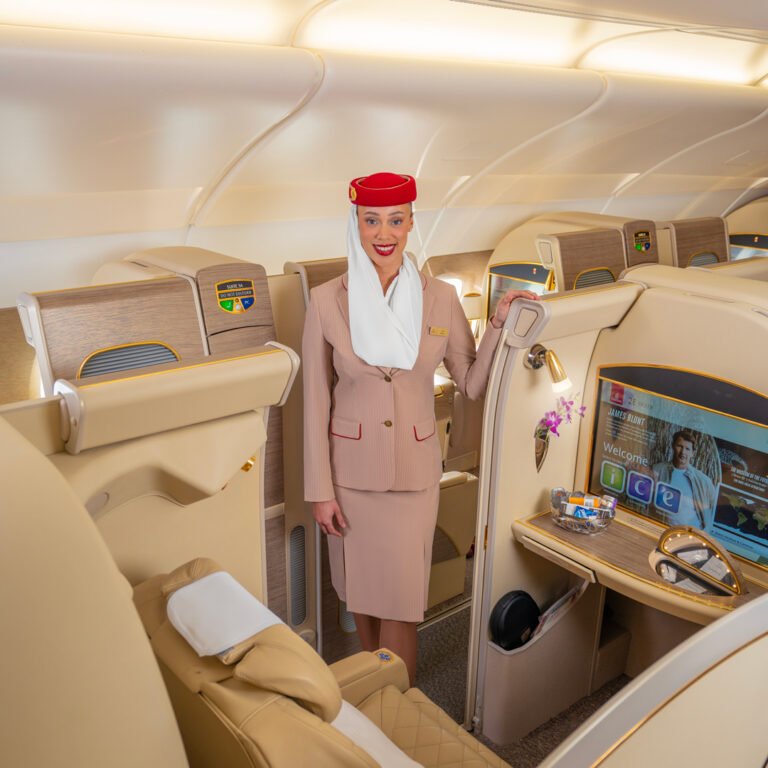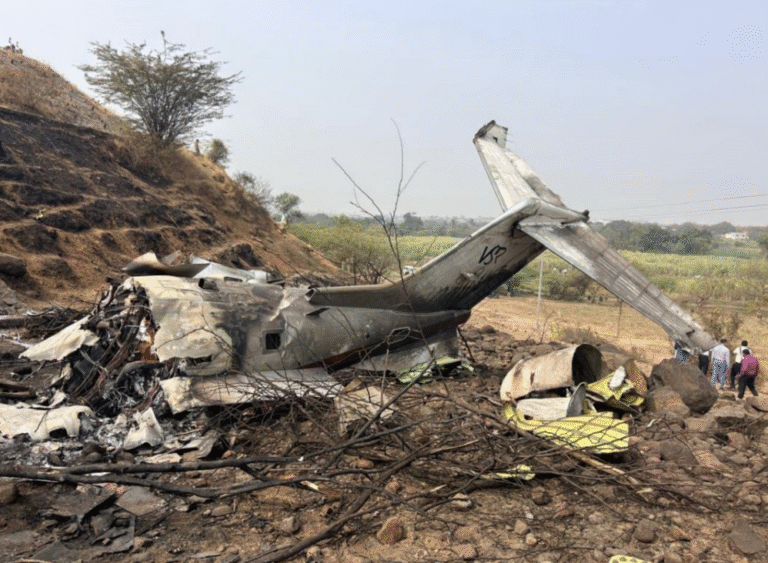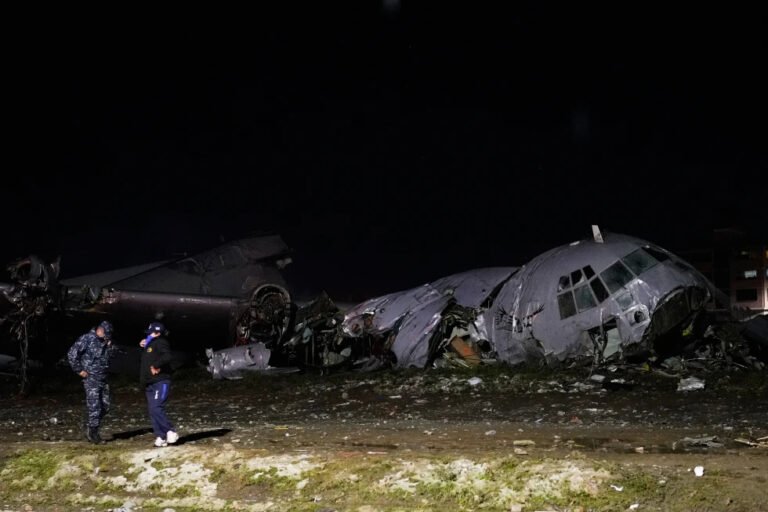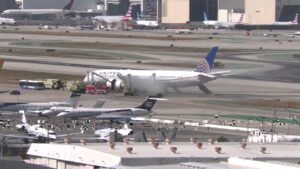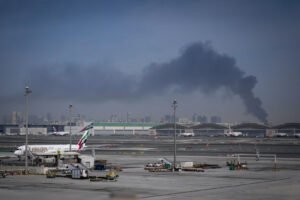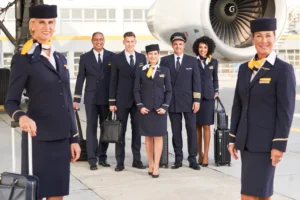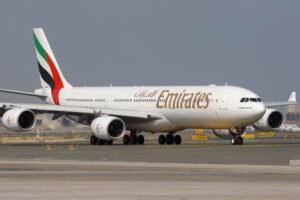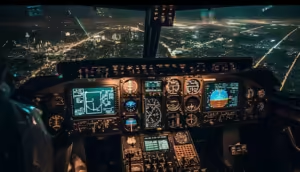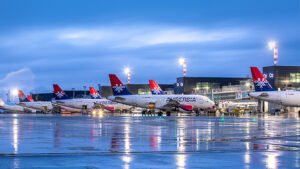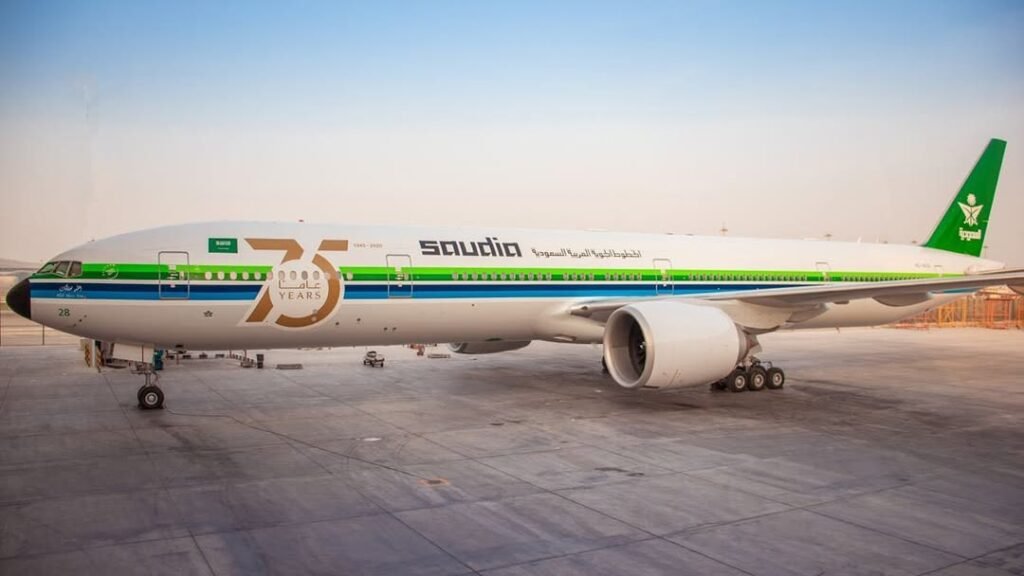
Riyadh, Saudi Arabia: Saudi Arabia is preparing to launch three new airlines, a significant expansion of its aviation ecosystem as the kingdom accelerates its Vision 2030 strategy to boost tourism, improve connectivity and transform into a global aviation hub.
Fahd Hamidaddin, CEO of the Saudi Tourism Authority, confirmed the plan, saying the new carriers will complement the existing network led by Saudia, Riyadh Air, flynas and flyadeal. “A successful national airline builds a destination, Riyadh Air, Saudia and three more air carriers to be announced,” he said.
The first of the three new carriers will be a low-cost airline based at King Fahd International Airport in Dammam. The airline will be operated by a consortium comprising Air Arabia, Nesma Group, and KUN Holding, after the group won the government tender earlier this year.
According to public disclosures, the new LCC plans to operate 45 aircraft by 2030, fly 24 domestic and 57 international routes, and handle around 10 million passengers annually. It is also expected to generate approximately 2,400 direct jobs once fully operational.
These developments align with Saudi Arabia’s push to decentralize aviation capacity beyond Jeddah and Riyadh, strengthening the Eastern Province as a competitive hub for both domestic and regional travel.
A second airline will be established in Medina, focused on serving the booming religious tourism sector. The carrier is expected to support Hajj and Umrah operations by providing direct international connectivity to the holy city, reducing pressure on Jeddah’s King Abdulaziz International Airport.
Government officials indicated that tenders for the Medina-based airline are expected within months, signaling that planning is already in advanced stages.
The third airline remains undisclosed, with no public confirmation on whether it will be a full-service, hybrid or low-cost carrier. Industry observers say the airline could target underserved regional markets or support long-haul connectivity as Saudi Arabia expands its inbound tourism targets.
Saudi Arabia handled 128 million passengers in 2024, a double-digit increase that has reinforced the need for expanded airline capacity and airport infrastructure.
The kingdom has committed $100 billion to overhaul and modernize its aviation sector, including airport development, new carriers, digital transformation and long-term fleet investments.
Riyadh Air is scheduled to launch international operations in 2025, while Saudia Group is expanding through flyadeal’s recent order of 10 Airbus A330neo aircraft, signaling the nation’s broader shift toward becoming a top global aviation market.
The launch of three new airlines represents one of the most aggressive aviation expansions currently underway globally, positioning Saudi Arabia to handle its revised tourism target of 150 million annual visitors by 2030.

